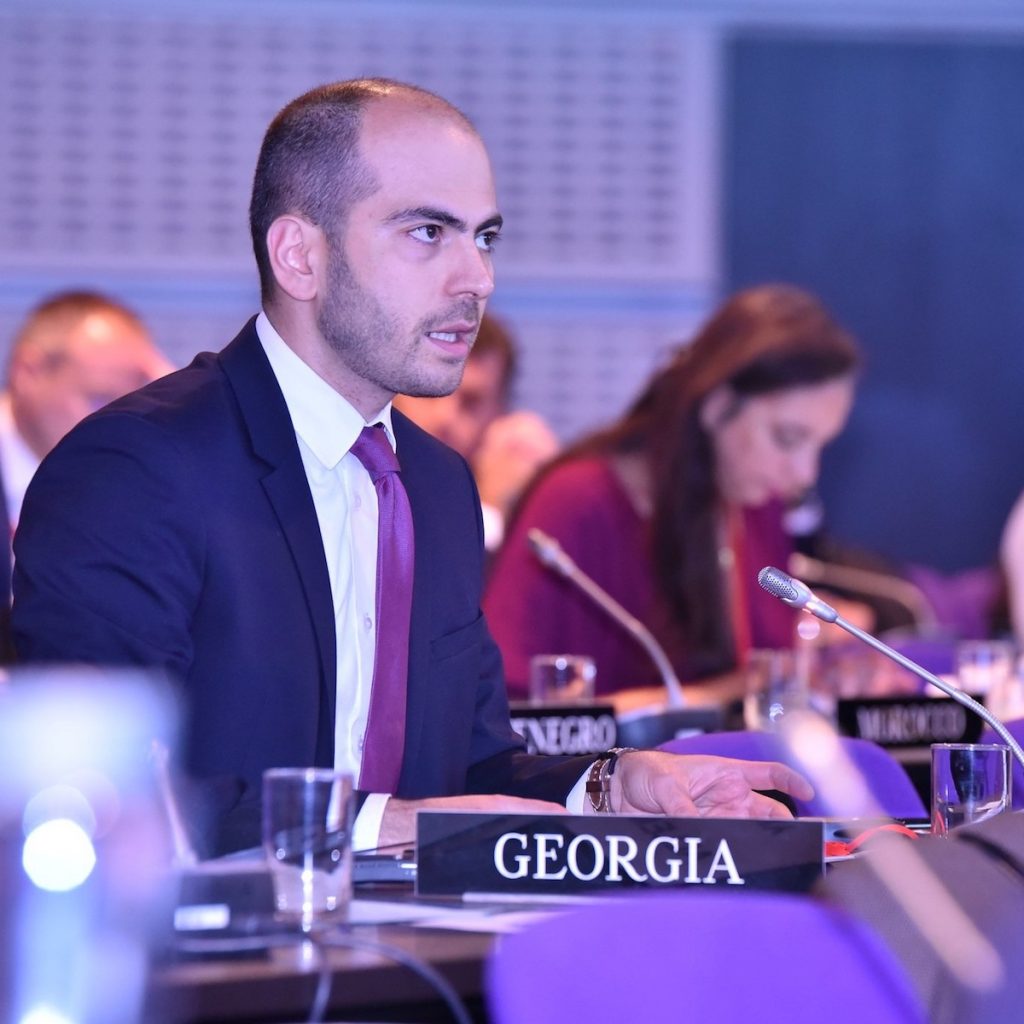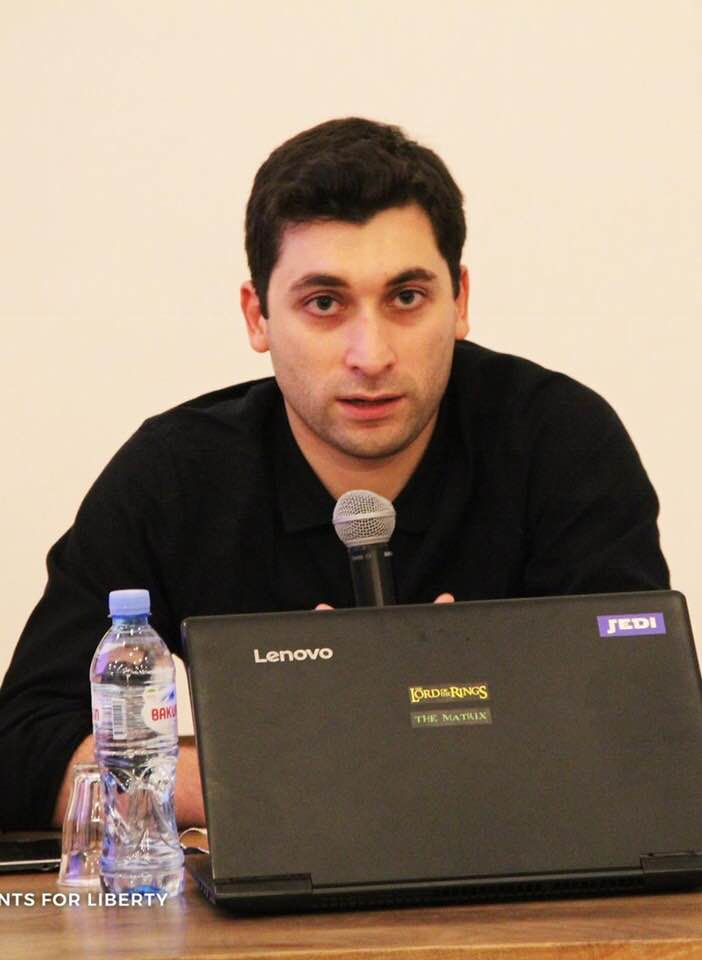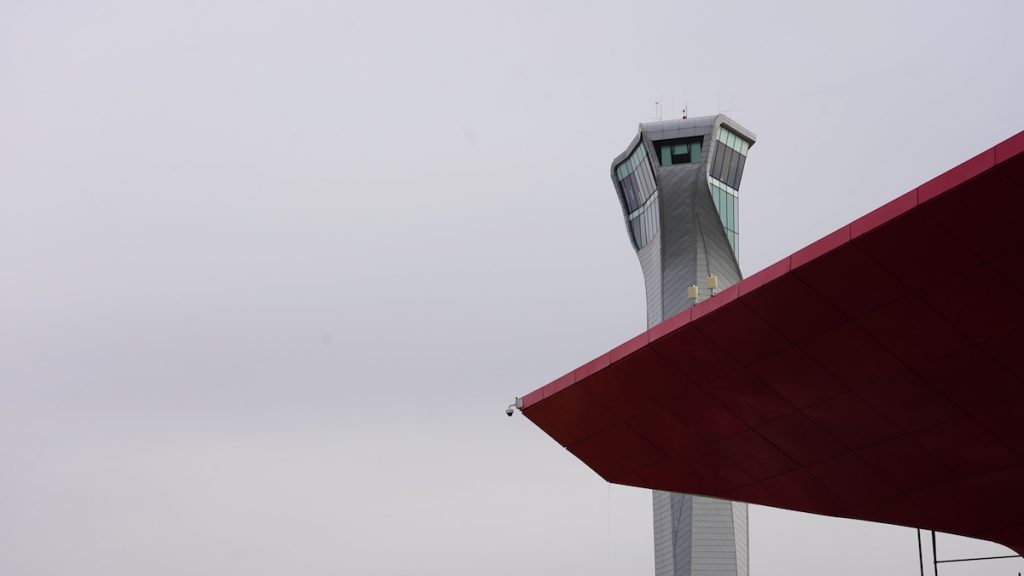Georgia in no rush to reopen. How this could hurt the economy
Why did the government backtrack on the idea of opening the country’s borders and the tourist season starting July 1?
One of the largest consequences of this decision may have made itself known rather quickly, when budget airline Wizz Air temporarily shut its base in Kutaisi, which could harm the economy of Georgia and many of its citizens.
On July 8, the government announced that it would open borders only to citizens of five EU countries. However, the choice of countries raises questions. In fact, any hopes that the tourist season would resume were in vain.
In an interview with JAMnews, Giorgi Kandelaki, a member of the Georgian parliament from the opposition European Georgia faction, and economist Zviad Khorguashvili discuss Georgia’s closed borders and the government’s anti-crisis policy in general.
Why doesn’t Georgia reopen completely?
The Georgian government has changed its plans. After announcing that Georgia would open its borders on July 1 and become the “first country in the world” to restore international tourism, they decided to change their decision a few days before the scheduled date and postponed opening of the borders for another month.
This caused great disappointment for those who counted on the borders opening and the tourist season. Georgian citizens who study and work abroad have lost tickets they have already bought. Those who invested in preparing for the tourist season suffered losses.
• Op-Ed: what’s happening to budget airlines in Georgia?
• Georgia’s plans to rejuvenate tourism
• Pandemic may be Georgia’s chance to reduce its economic dependence on Russia
Wizz Air, the most popular airline in Georgia, has delayed resuming most scheduled flights for almost a year, until May 2021.
However, On July 8, the Georgian government announced that it was opening borders for citizens of five EU countries – the three Baltic states, France and Germany. Negotiations are underway to open regular flights from these countries.
The day before, Minister of Finance Ivane Machavariani had made a strange statement, saying that too many tourists could harm Georgia.
MP Giorgi Kandelaki says he sees no rational reason for such inconsistent and contradictory behavior from the authorities.

He says that the most significant harm being caused to the country is the uncertainty:
“Business does not like uncertainty…The government gives such conflicting signals that it forces the business to switch to a pessimistic scenario and begin to lay off workers.
This wave of layoffs is gaining momentum. The more uncertainty, the more people will lose their jobs.
Just today, 80 people were laid off in one hotel. I was contacted by a businessman who has already laid off 120 people, this is already becoming a huge wave. Yes, many people would have lost their jobs, but this uncertainty is forcing employers to lay off more people.”
Economist Zviad Khorguashvili also says that he does not understand the positions of the Ministers of Finance and Government:

“It’s simple. The more tourists come to the country, the more money comes in. This is, of course, good for the economy. And the longer the borders are closed, the worse the situation will be for the country.”
Khorguashvili says that this is confirmed by a simple example: in mid-May, economists predicted a recession in Georgia’s economy in 2020 at 4 percent. But by the end of June, according to a study by TBC Capital, a decline of 5% was predicted, moreover, it was then assumed that the borders would open from July 1. And according to the same study, the decline in tourism was already projected at 75% (compared with the forecast of 65% in May).
“Look, an increase in the economic decline by only 1 percent led to a drop in the expected tourism income by 10 percentage points…Any delay (opening the borders) even for one day means the loss of thousands of jobs. It means that thousands of people who were above the poverty line are now impoverished,” says Khorguashvili.
How can we alleviate the effects of the crisis?
Zviad Khorguashvili believes that the government aid and stimulus plan is ineffective and has come too late.
“Hundreds of thousands of people were left without help. At the same time, the steps taken for the so-called economic stimulus are completely ineffective. When loans are subsidized, but nothing is done so that the enterprises start working again…And at the same time, you help those who do not need immediate help, for example, the real estate sector. And at the same time, they are unable to even exempt them from the harmful regulations that were introduced before the coronavirus,” says Khorguashvili, explaining his views on the government’s anti-crisis policy.
He says, “this is a waste of money that will not be of any benefit to the economy.”
“The main thing that should be done is reducing taxes and abolishing of strict regulations for business, including in the banking sector. If this is not done, it will aggravate the crisis,” says Khorguashvili.
Giorgi Kandelaki also believes that it is necessary to reduce taxes and abolish previously introduced regulations.

“Can someone explain why a taxi in Tbilisi needs to be white, especially now, during this time of crisis? That is, if your car is green, you will remain unemployed,” Kandelaki gives as an example.
He also believes that the regulations that limit the issuance of loans by banks should be abolished, as well as stimulus packages for developers, most of which are close to the ruling party, meaning that there is a higher risk of corruption.
“People should be able to use even the small amount of money saved by lowering taxes, in order to deal with their most urgent and pressing issues.
We need to abolish the pension fund, or at least give people the opportunity to choose to leave their savings in it or use at their own discretion,” Kandelaki believes.



















